Bestselling Swiss author Joël Dicker tries his hand at self-publishing
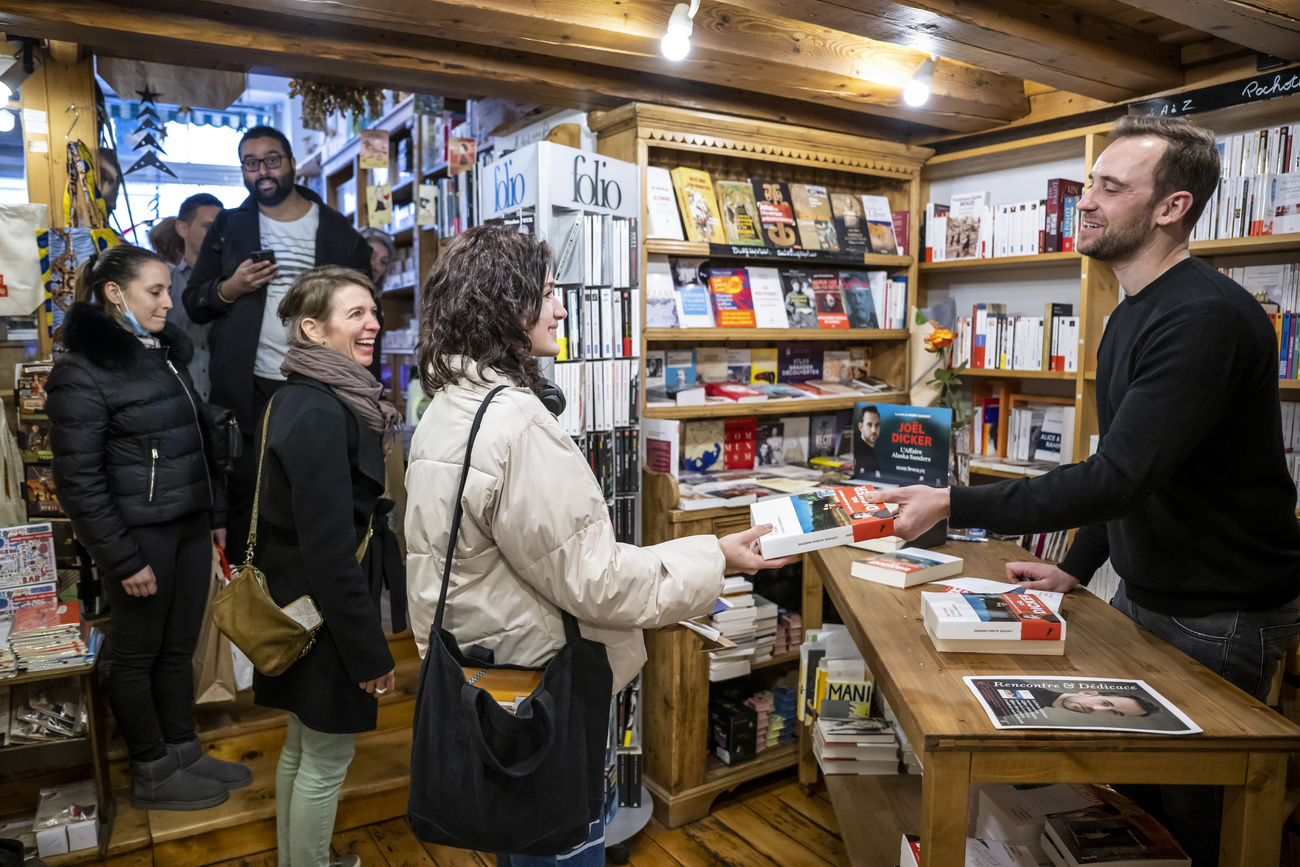
Joël Dicker, who has enjoyed huge international success, has decided to set up his own publishing firm in Geneva. Other writers have turned to self-publishing online, an inexpensive option growing in popularity.
Joël DickerExternal link is often dismissed as a popular fiction writer not to be counted among the literary greats of his era. On the other hand, almost everyone acknowledges his business acumen. The Geneva native is one of the ten most popular authors in the French-speaking world. His popularity among readers outside Europe brings in substantial financial rewards, thanks to the translation of his books into 40 languages.
Dicker has sold 12 million books around the world. Given that author royalties are about 10% of the book price, and that his bestseller La Vérité sur l’Affaire Harry Quebert (The Truth About the Harry Quebert Affair) sells for over €20 (CHF20.70) in France, it’s easy enough to do the maths.
The 36-year-old is certainly a wealthy man. His fortune has now allowed him to set up his own publishing firm, Rosie & WolfeExternal link, which was launched in Geneva this February. His sixth novel L’Affaire Alaska Sanders (The Alaska Sanders Affair) was released through his own publishing house on March 10 (no date has been fixed for the release of the English edition).
Outliers
At Rosie & Wolfe, Dicker is republishing his first five novels, which sold previously under the imprint of Bernard de Fallois. The Parisian publisher, who died in 2018, contributed a great deal to Joël Dicker’s international success.
Dicker has now decided to bring his books back to his home base of Geneva. From now on he will receive all the royalties. But he is not content just with self-publishing. He also intends to publish other writers, he announced online.
He is preoccupied by the business side of things, in real life as well as in fiction. In The Alaska Sanders Affair he sticks to the winning formula his readers have now grown accustomed to – murder, police investigation, case closed, new twists and so on – that was the case with The Truth About the Harry Quebert Affair, the first volume in a trilogy that concludes with The Alaska Sanders Affair.
Joël Dicker is the first Swiss literary star to set up his own publishing firm.
“He is in fact unique in this country,” says Tanja Messerli, of the Swiss Booksellers and Publishers Association. “In the past there were attempts at self-publishing which didn’t really succeed.”
For example, 30 years ago the Swiss writer Milena Moser, who was unknown at the time, tried to set up her own publishing firm Krösus with the help of friends. At the time she was not able to find a publisher for her first manuscript. However, today her work is published by Zurich publishing house Kein & Aber and she is a well-known figure in the Swiss literary scene.
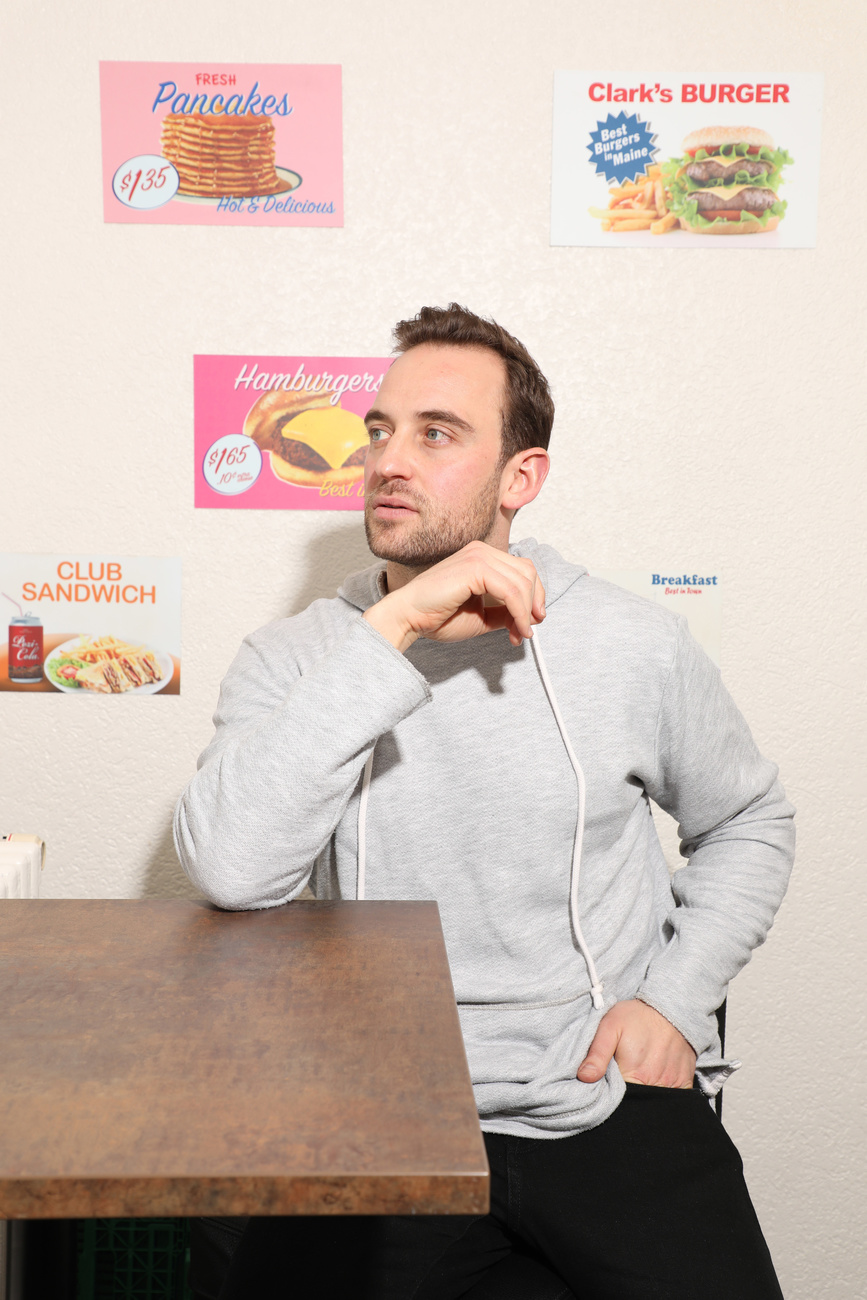
To self-publish or not to self-publish?
Starting your own publishing operation is not easy.
“The initial outlay is enormous. You have to pay an editorial committee, rent offices, then find sales reps, distributors, and so on,” says Messerli.
Hence some authors put their books directly online, avoiding intermediaries and the associated costs. But that does not mean a publisher will pick them up.
“In French-speaking Switzerland, quite a few people self-publish on the internet, but they are not very visible and don’t manage to capture much attention,” says Caroline Coutau, head of Geneva-based publishing house Zoé Editions.
There have been a few exceptional success stories abroad. Messerli mentions EL James, the British author of Fifty Shades of Grey.
In the beginning it was published in episode form directly online, then on her own website and later as an e-book by online publisher The Writers’ Coffee Shop. Eventually an American publisher, Vintage Books, noticed it, revised it and put it in print in 2012. Hollywood soon came beckoning.
Agnès Martin-Lugand, a French novelist, though not quite as famous as EL James, had the same kind of good fortune. She published her first novel on Amazon’s Kindle platform before it was picked up by Parisian publisher Michel Lafon.
Books as business
“All publishing firms have a business model which involves high-volume sales. There is no reason why self-publication should be any exception, especially if the investor has sufficient resources – and if his name is Joël Dicker,” says Olivier Babel, of the trade association LIVRESUISSE.
So is book-writing becoming a business?
“It depends on the culture, which varies from one country to another,” says Olivier Bessard-Banquy, a professor at the University of Bordeaux, who studies the book trade. “In the French-speaking world, books have maintained a close connection with intellectual and even emotional life, while in the Anglo-Saxon world it is a business, run by literary agents.”
Quite a number of the current stars write with sales in mind, not so much for literary immortality. Guillaume Musso, a French bestselling writer like Joël Dicker, is one of them. These writers bring in millions of euros. Are they likely to ruin their publisher if they jump ship and go off and self-publish?
“If a star writer leaves, a publisher can really take a hit, financially first of all, and symbolically too, because it doesn’t look good when someone like that gives you up,” Bessard-Banquy says. It is worth noting that Bernard de Fallois’ publishing firm has gone out of business since the departure of his protégé, Joël Dicker.
So does traditional publishing still have a future? Bessard-Banquy has a clear answer.
“There will always be self-publishing as an improvised effort. It didn’t start just yesterday either. Restif de La Bretonne (1734-1806) and Balzac (1799-1850) did it in France in their time. But the development of the digital sphere will not mean that traditional publishers are going to disappear.”
Translated from French by Terence MacNamee

In compliance with the JTI standards
More: SWI swissinfo.ch certified by the Journalism Trust Initiative
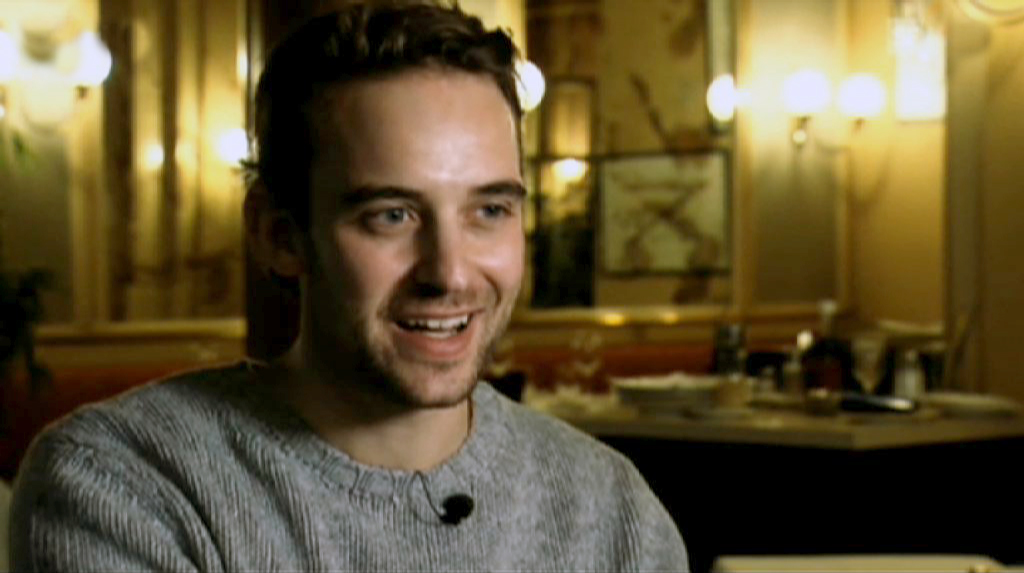
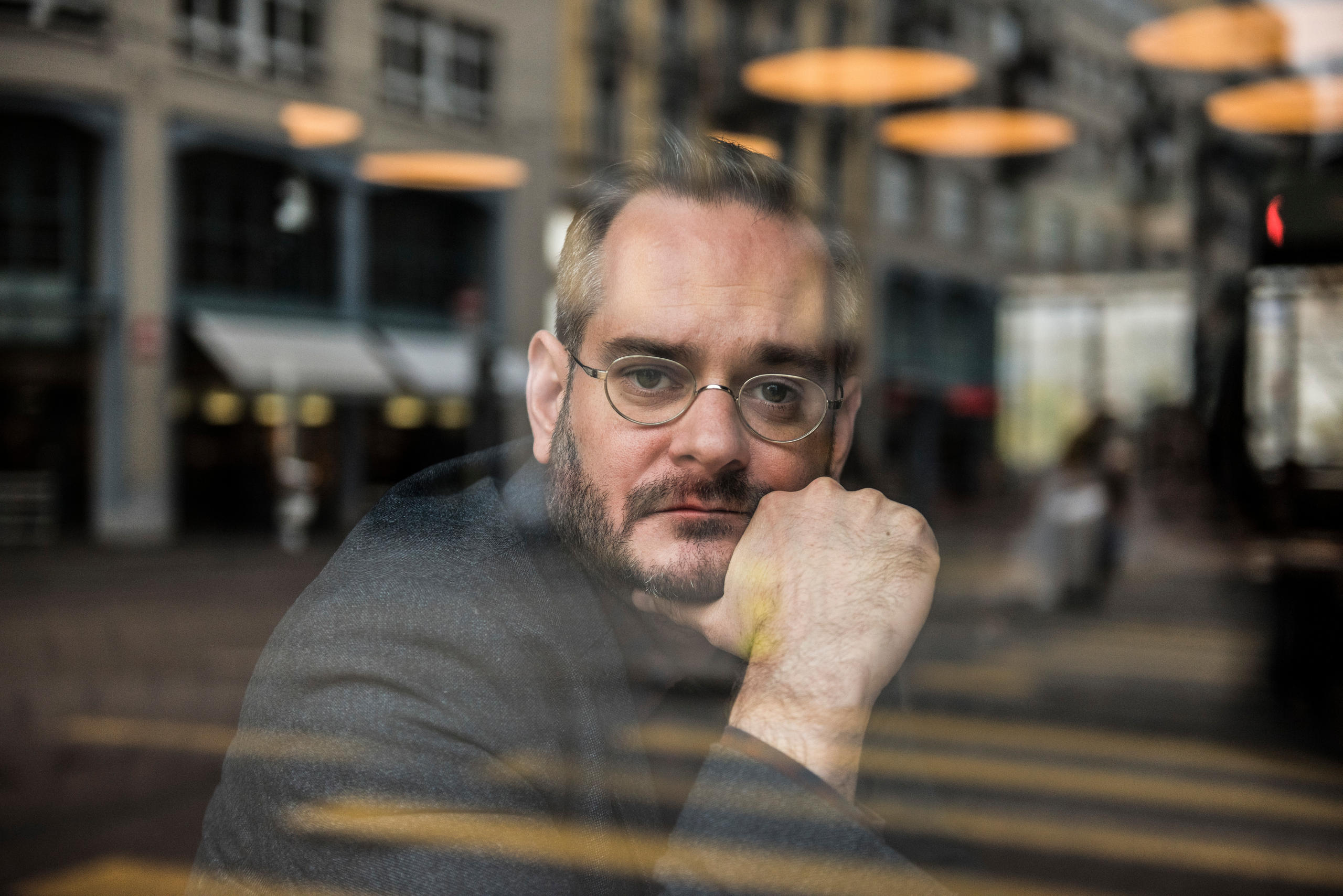
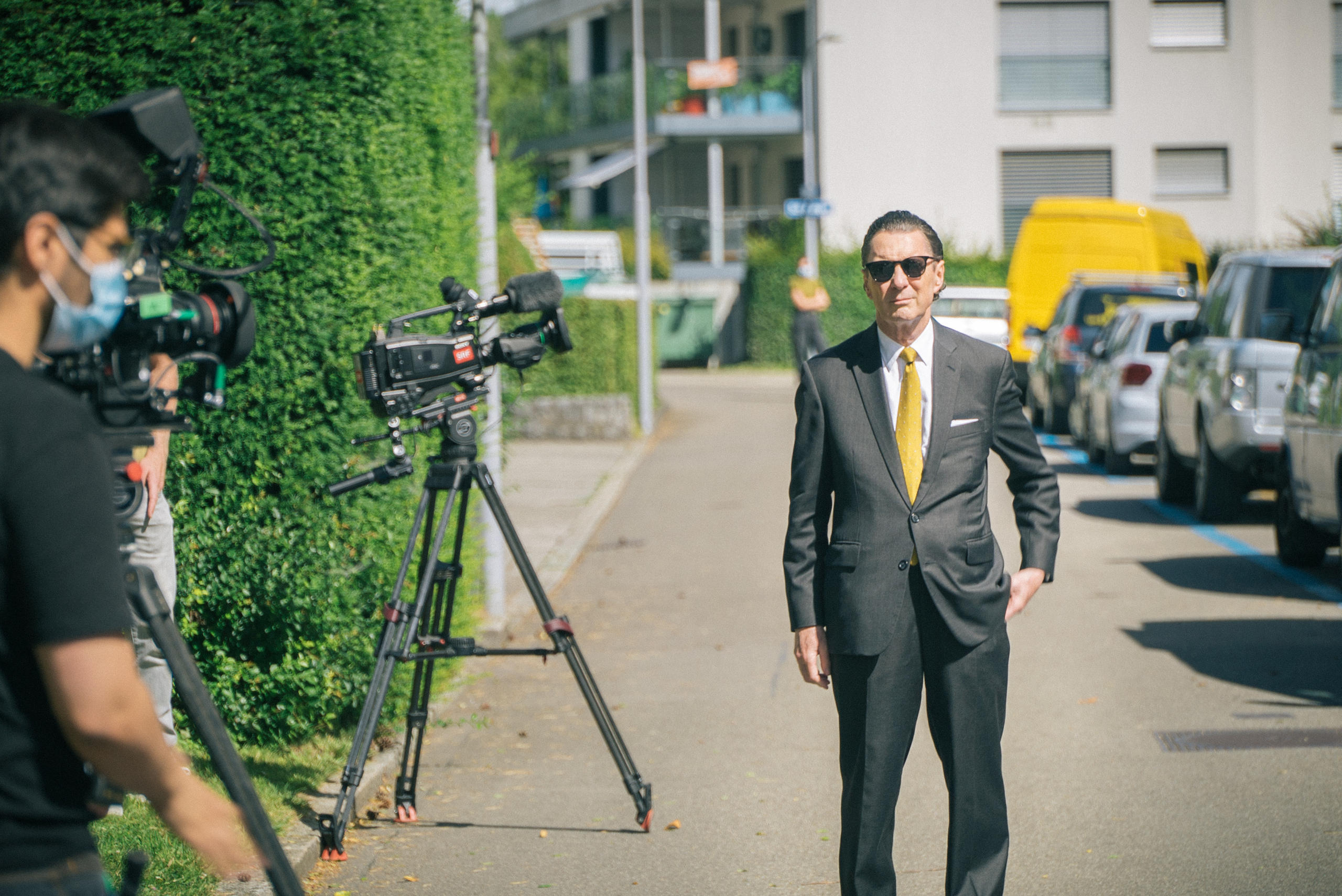
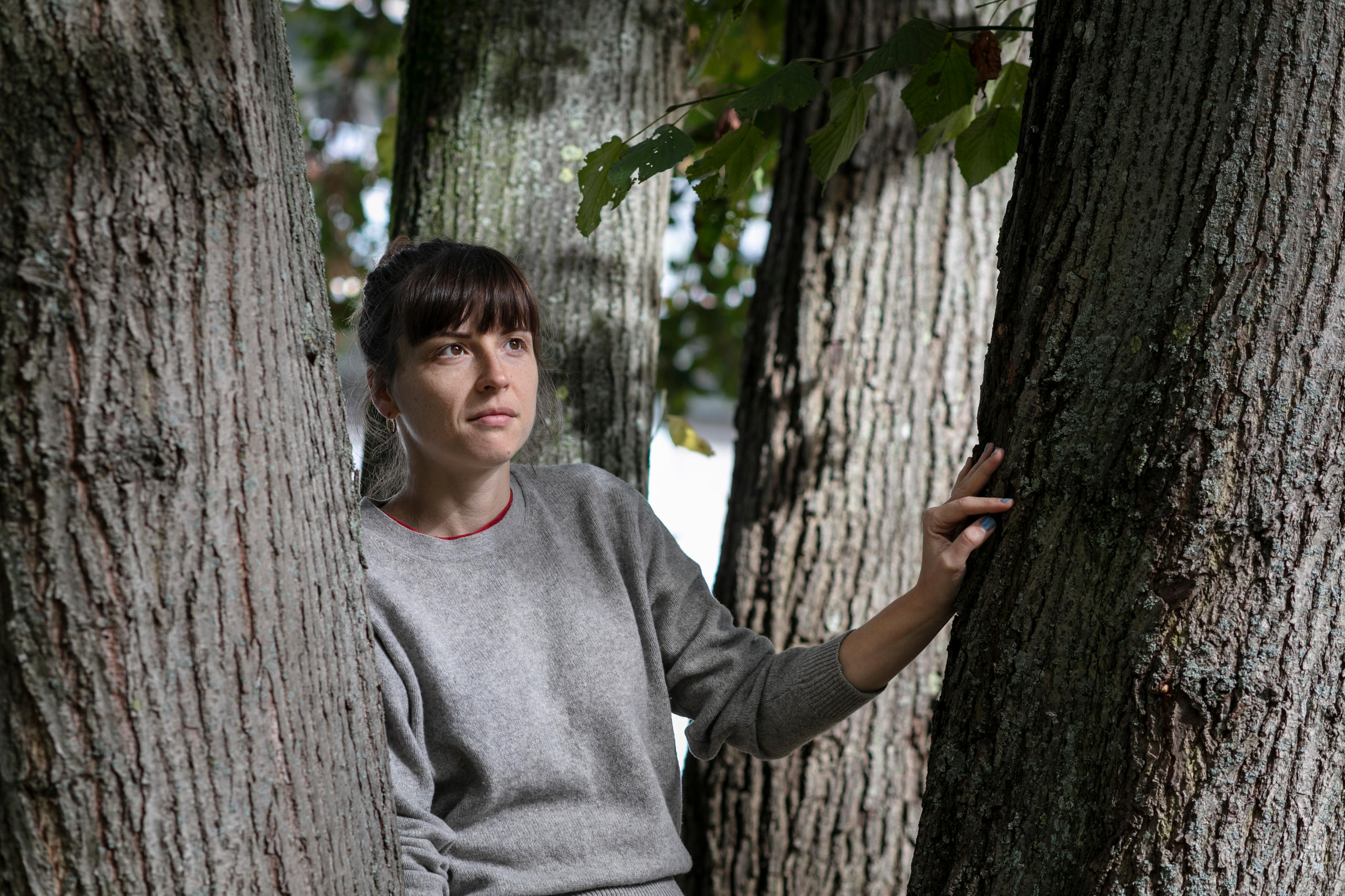
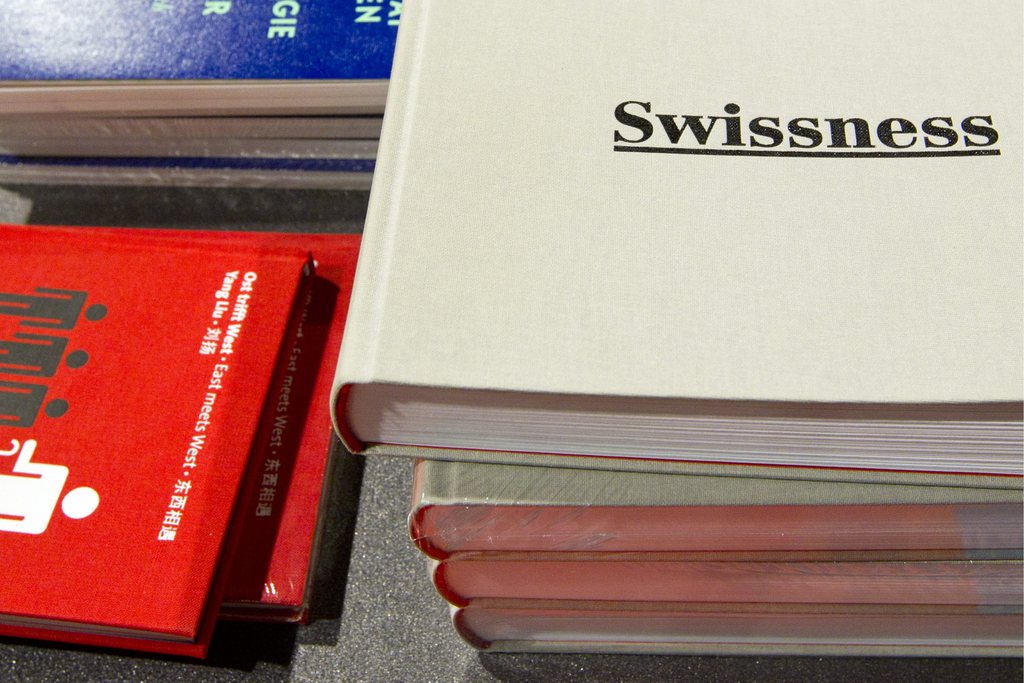
You can find an overview of ongoing debates with our journalists here. Please join us!
If you want to start a conversation about a topic raised in this article or want to report factual errors, email us at english@swissinfo.ch.